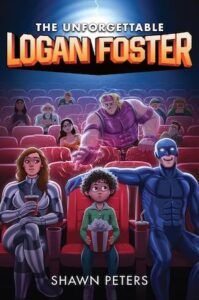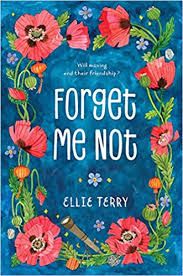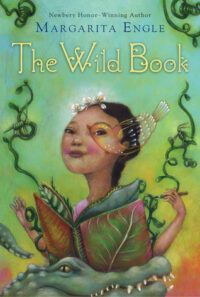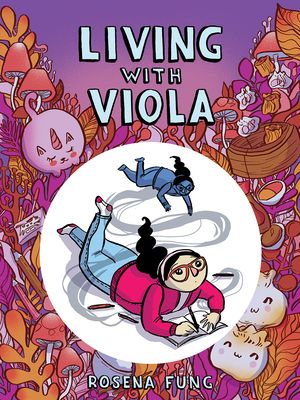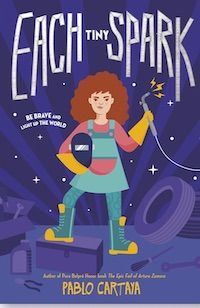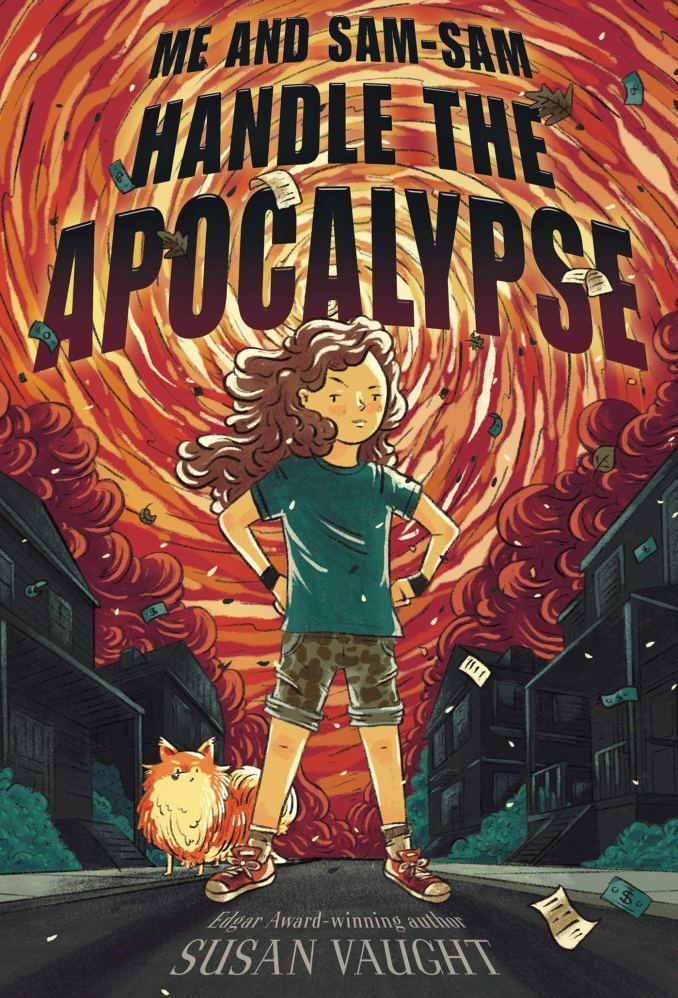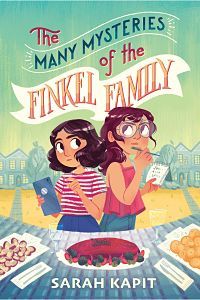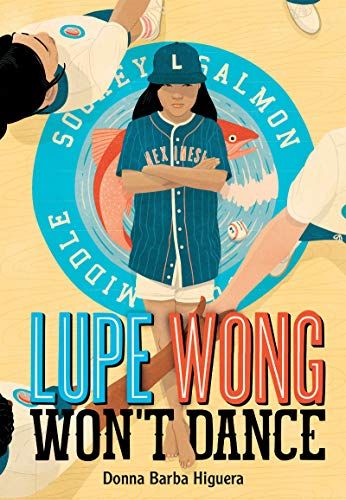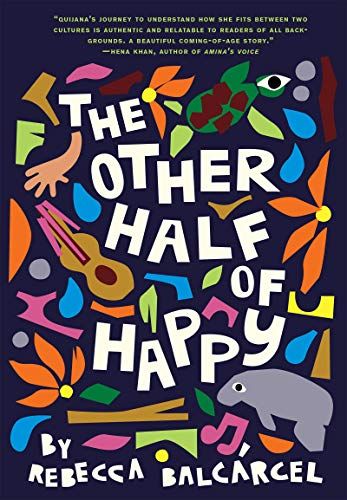Packed with superheroes, supervillains, and epic showdowns between good and evil, The Unforgettable Logan Foster shows that sometimes being a hero is just about being yourself!Logan Foster is a neurodiverse kid who’s pretty much given up on the idea of ever being adopted. It could have something to do with his awkward manner, his photographic memory, or his affection for reciting curious facts. But everything changes when his new “PP’s” (prospective parents) are actually superheroes, and Logan gets caught in a battle against dastardly forces.Will Logan be able to help save the day and his new family? The term “neurodiversity” was first used by sociologist Judy Singer in 1997. Singer, who is autistic, posits that variations in the way the human brain learns, behaves, and processes information are normal. Neurodiversity advocates explain that diversity is not the problem: it’s the fact that society is so ill-equipped to understand and accommodate it. Back when Singer first started using the word, “neurodiversity” only applied to autism. But in the 20+ years since, it has become an umbrella term that covers autism, Tourette syndrome, ADHD, dyslexia, and more. Because it has not been accepted by the medical field yet, this concept remains somewhat open: anxiety disorders, for instance, are a grey area: some recognize them as neurodivergent, others do not. Regardless, it is safe to say that it’s good for children to see themselves and others on the page. The benefits of representation are plenty and well-known, after all. In this round-up, you will find eight middle grade novels with neurodivergent characters. Some of them are the protagonists, others side characters. Some are #OwnVoices, others are not. But they’re all delightful. Are you in the market for more middle grade novels? What about other books about neurodiversity? This book features an autistic secondary character: Miles, Lupe’s best friend.
